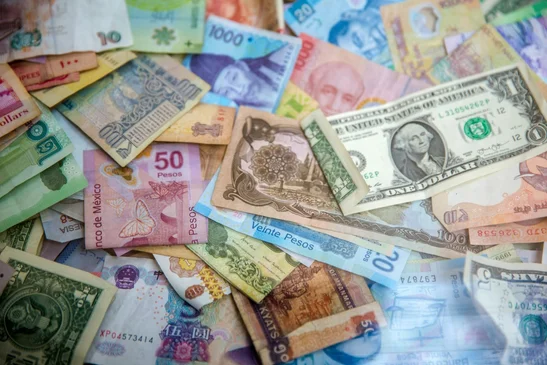The property market in Phuket has been undeniably hot over the past few years. It’s mostly composed of people who fall in love with the island and can work remotely, those who see viable investment opportunities, or both. Regardless of the reasons, moving forward with a Phuket property purchase should be approached with careful consideration, thorough planning, and a solid understanding of the specific steps necessary to ensure the process goes smoothly.
Ownership

Image by freepik
Those who have purchased real estate in their home country at least have the advantage of going through the process before. However, depending on where they are from, there are sure to be some steps of the process that are different. The first and most important legality to understand is that foreigners cannot own land outright in Thailand, but can legally own a structure including condominiums or houses. As a result, one of the most common and secure ways foreigners own a home in Phuket is to lease land under a 30-year contract, which often offers one or two 30-year extensions. If you're purchasing a villa, the land itself will be held under a leasehold agreement while the structure itself can be owned directly.
Another common legal framework for ownership is for a property to be held as the asset of a company of which a foreigner is the managing director. However, foreigners can only hold a minority ownership in a Thai company and as such often use a Thai nominee to be the majority owner on paper. This is technically illegal, and while it’s rarely enforced, there is the off chance it can put the foreigner in a tenuous legal position.
If you’re after a condominium, ensure that no more than 49% of the total area is foreign-owned which is a requirement of the Thailand Condominium Act. Also be sure that whoever is carrying out due diligence for you puts the development and management company of the building under close scrutiny. Unfortunately, Issues with poor management and embezzlement are common.
Work with Reputable Professionals

Image by freepik
While perhaps in your home country it might be possible to bypass a property agent, this is not really possible, nor recommended in Phuket. Choose an agent carefully and be sure they have a proven track in Phuket specifically. Phuket is rife with scams so vetting an agent you like is a good idea. Anyone can claim to be a real estate agent, so make sure they have a physical office, act in a professional manner, and don’t be afraid to test their knowledge about the purchasing process. If you’re not solidly confident in them, look elsewhere. Additionally, it’s recommended to hire an independent lawyer to review contracts, verify ownership documents, and ensure the property complies with Thai laws. Look for anomalies like the property changing ownership in quick succession. Avoid relying solely on the seller’s legal team or agent, especially if they seem insistent on it.
Finances

Image by rawpixel.com on Freepik
The majority of foreign buyers in Phuket bring in currency from their home country to purchase a property and if you’re reading this, you probably will do the same. When doing this, it’s important to submit a Foreign Exchange Transaction (FET) form. Anytime more than US$50,000 worth of foreign currency is transferred into the country and exchanged for Thai baht, this form should be submitted. If at some point you decide to sell your property and wish to transfer the money out of Thailand, you will encounter serious problems if there is no FET. It’s also worth noting to avoid paying any kind of deposit before the due diligence has been carried out. Additionally, when making the final purchase, using an escrow service is not common practice. Instead, the full purchase price is paid at the land department when transferring ownership.



















